FEATURED
How to become a Chiliz chain validator
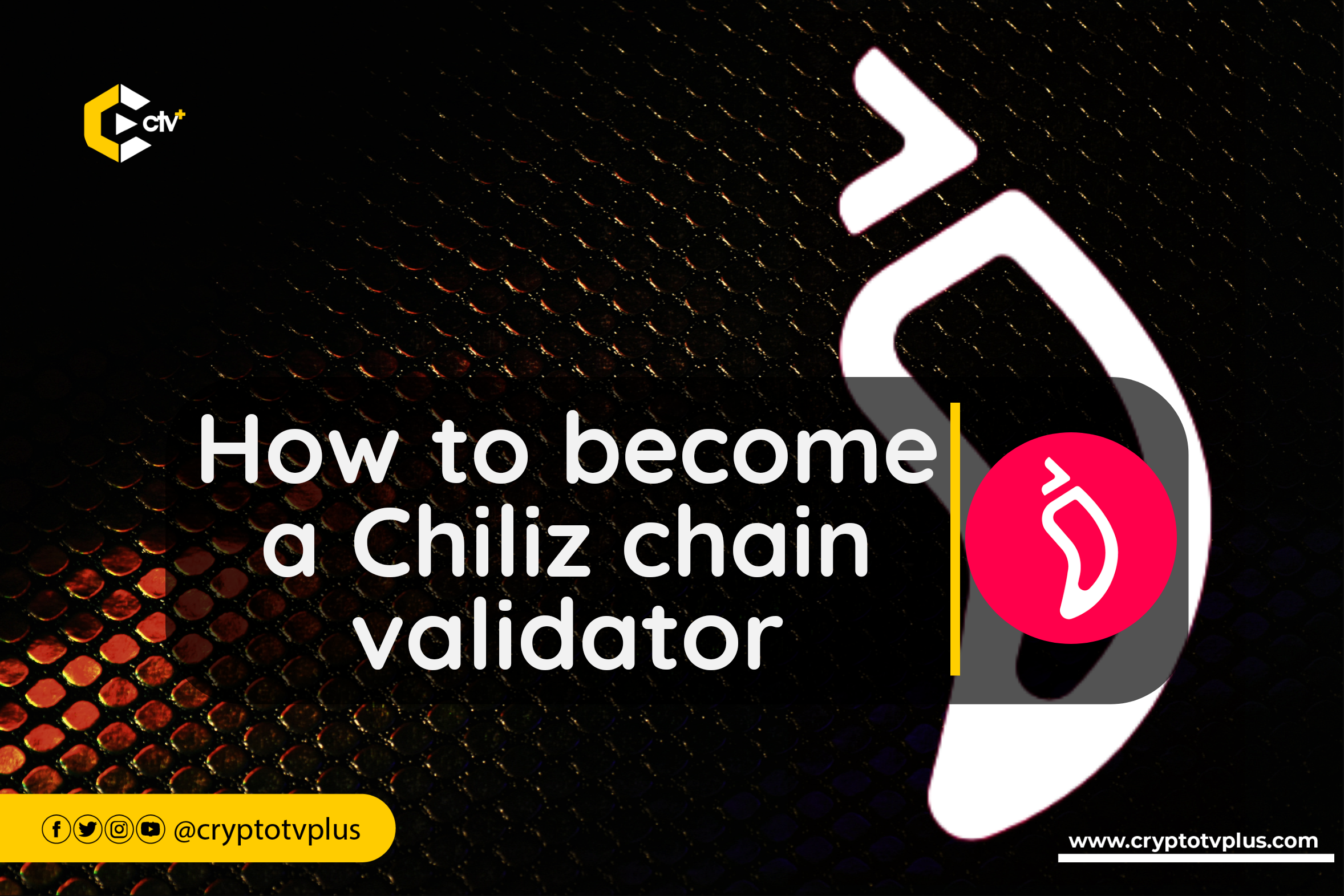
Within the burgeoning landscape of decentralized networks, security and transparency are paramount for blockchain platforms to differentiate themselves. Underpinning these crucial attributes lies a robust infrastructure maintained by a corps of dedicated entities known as validators. These actors serve as the backbone of the network, safeguarding its integrity and upholding its immutable record.
The Chilizchain network, like its decentralized counterparts, is heavily reliant upon validators. The validator role, attracting significant interest, necessitates a profound understanding of its importance within the decentralized ecosystem. Before delving into the intricacies of becoming a Chilizchain validator, let’s first understand the core function of validators and their vital contribution to the decentralized world.
Who is a validator?
A validator is a person/participant who maintains a blockchain network’s integrity and security in exchange for rewards for their participation. Cryptocurrencies run on a blockchain consisting of blocks consisting of multiple transactions within a network.
Validators are responsible for verifying and validating these transactions to ensure that each transaction follows the guiding rules of the network. These validators operate using consensus mechanisms such as Proof-of-Stake (PoS).
Chiliz Chain’s consensus mechanism
The Chiliz chain operates using the Delegated Proof of Staked Authority (DPoSA) consensus mechanism, which relies on two roles: validators and delegators.
The validators are tasked with creating and validating blocks, while delegators allocate their CHZ tokens to validator pools to participate in governance and earn rewards. This collaborative effort ensures the smooth operation and decentralization of the Chiliz Chain network.
In other news, the first memecoin $PEPPER on Chiliz chain is set to launch
How to become a Chiliz chain validator
Chiliz Chain imposes certain limits and requirements for anyone who wants to become a validator in its network. First, you must know that there can only be 11 validators in the network. However, other validators are also waiting on standby, ready to step in if one of the main validators can’t do or continue participating.
Below are the requirements needed to meet to become a validator.
- Intending validators must undergo an off-chain governance vetting process before approval from the Chiliz chain.
- Stake a minimum of 10 million CHZ, equivalent to $1.4 million USDT at the time of writing.
- Set up a Chiliz validator node by installing Docker Engine on your machine or server.
- Ensure the machine/server has at least 4GB of RAM, 2 CPU cores, and an SSD for optimal performance. It’s also recommended to have at least 150GB of free disk space for chain synchronization.
Once these requirements are met, you can apply as a validator on the Chiliz governance dApp.
Wrap up
Becoming a Chiliz chain validator demands dedication, investment, and expertise. As with any other blockchain, comprehending your role as a validator is crucial. Make sure you fulfill the requirements to be considered.
It’s important to highlight the essential role validators play in upholding security within the blockchain ecosystem. Becoming a validator not only provides a secure income stream but also contributes to the progress and security of cryptocurrencies.



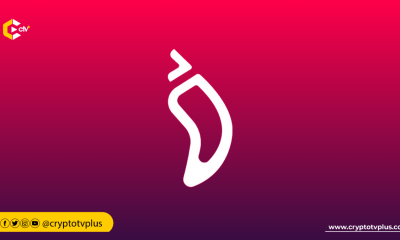

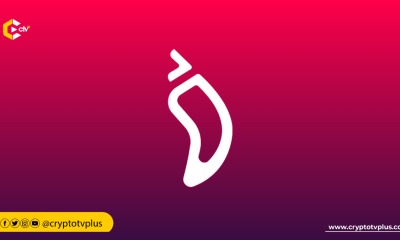

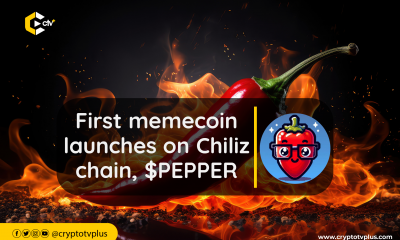

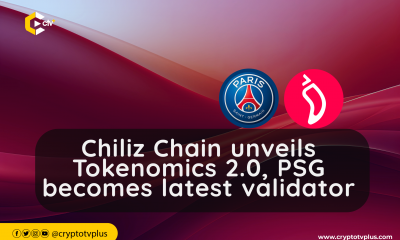













1 Comment